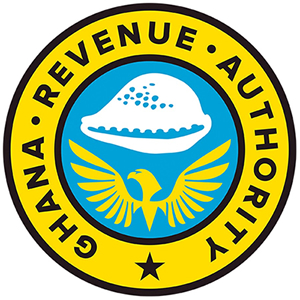Fix the Country, two others write to GRA about possible contempt of court over E-Levy
 Despite overwhelming disapproval of Ghanaians to the introduction and implementation of the Electronic Transfer Levy known as E-Levy, the Ghana government with a majority in Parliament has gone ahead to pass a law and has set May 1, 2022 to start collecting the unpopular tax.
Despite overwhelming disapproval of Ghanaians to the introduction and implementation of the Electronic Transfer Levy known as E-Levy, the Ghana government with a majority in Parliament has gone ahead to pass a law and has set May 1, 2022 to start collecting the unpopular tax.
Even though a legal action has been against the Ghana Revenue Authority (GRA) at the Supreme Court to stop the coming into force of the tax, the GRA has been putting Ghanaians on notice that the tax would be implemented on May 1.
But three civil society organisations, Fix the Country, Democracy Hub LBG and Democratic Accountability Lab LGB have written to the Commissioner-General of the GRA drawing his attention to the possible breaches of the law if the implementation goes ahead while the matter against the tax’s implementation is still in court.
The introduction of the letter copied to Ghana Business News reads:
“We, the undersigned Convenors of #FixTheCountry write to you in our capacities as citizens who are interested in upholding the rule of law and who stand to be directly affected by the implementation of the proposed Electronic Transfer Levy Act, to draw your attention to the legal implications of a suit pending before the Supreme Court, titled Haruna Iddrisu and Two Ors v. Attorney General, Suit No. J1/19/2022, on the implementation of the purported Electronic Transfer Levy Act 2022 (Act 1075).”
The letter pointed out to the Commissioner-General that the legal suit and an impending interlocutory injunction against the GRA, seeking to restrain the implementation of the E-Levy during the pendency of that matter, has been brought to his attention.
The letter also sought to bring to the attention of the Commissioner-General that the suit is sought to challenge the constitutionality of the purported Electronic Transfer Levy Act 2022 (Act 1075); and if upheld would result in the declaration that Act 1075 is null and void.
The CSOs pointed out among others that, the Supreme Court of Ghana and other superior courts have in several decisions held with unflappable consistency that the knowledge of the pendency of a suit as well as the filling of an interlocutory injunction application compels a person to:
refrain or abstain from taking any step that renders that prevents the court from discharging its judicial function and brings the authority and administration of the law into disrespect.
avoid any conduct that affects the res litiga;
conduct by persons that render a pending application otiose and exposes the Court process to ridicule.
Further, the Courts have held that any conduct which was likely to prejudice a fair trial or interfere with the due administration of justice, amounts to contempt of court.
By Emmanuel K. Dogbevi
